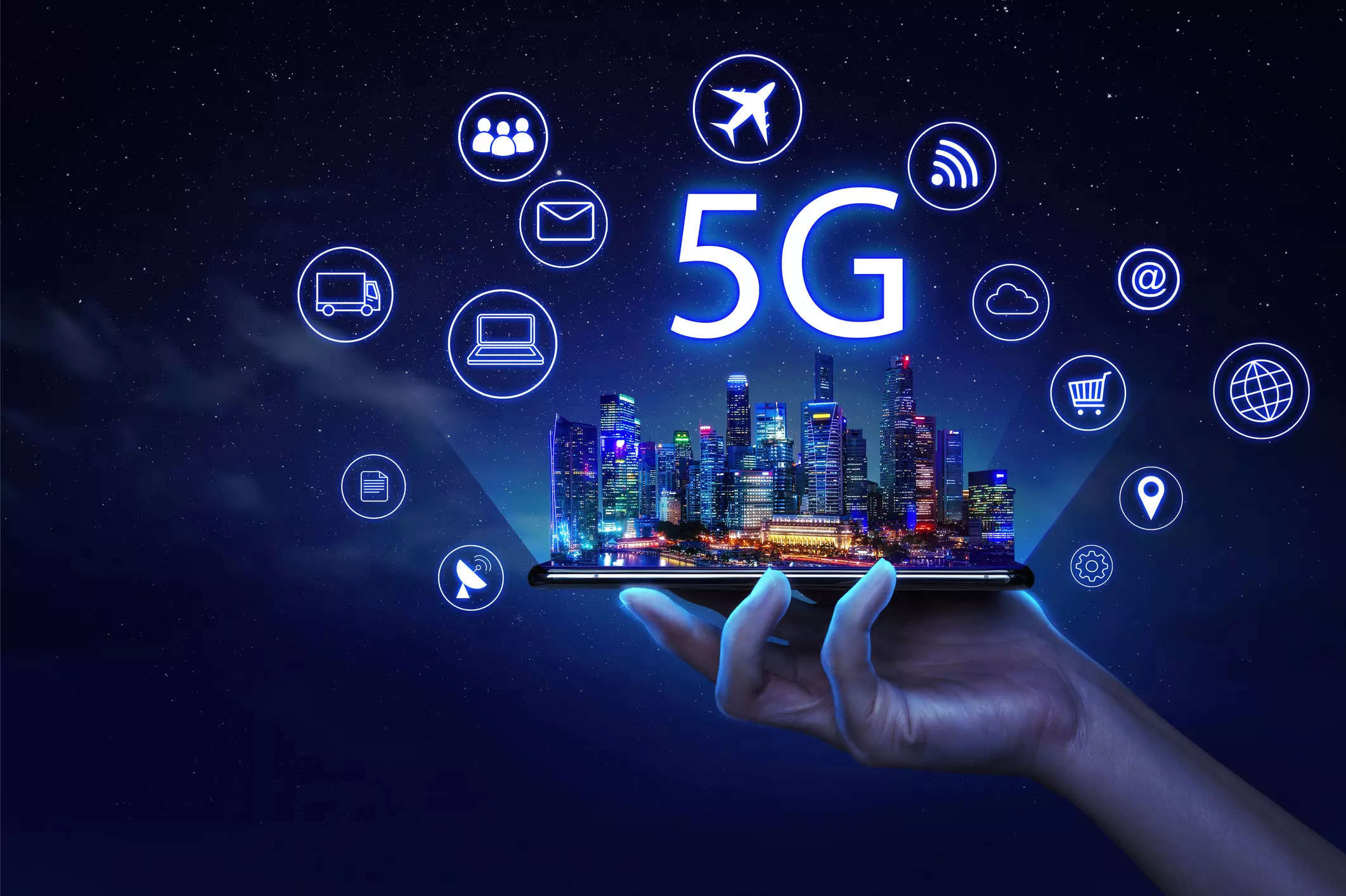Index Surge: Amplifying Your Insights
Stay updated with the latest trends and news across various industries.
5G Unplugged: Why You Should Be Excited (or Terrified)
Discover the thrilling and chilling sides of 5G! Are you ready for the future or should you be worried? Dive in to find out!
Understanding 5G: The Promise and Potential Pitfalls
As we stand on the brink of the next technological revolution, 5G offers a formidable promise: lightning-fast internet speeds, reduced latency, and unprecedented connectivity. This new generation of wireless technology has the potential to revolutionize various sectors, from healthcare to transportation, allowing for innovations such as remote surgeries and self-driving vehicles. By enabling more devices to connect simultaneously, 5G paves the way for the Internet of Things (IoT) to become a reality, enhancing daily life and business operations alike.
However, the transition to 5G is not without its challenges. One significant concern is the potential for increased health risks associated with higher radiofrequency exposure. Advocates warn that insufficient research exists on the long-term effects of 5G radiation on human health, particularly in densely populated urban areas. Additionally, the infrastructure required for 5G deployment could exacerbate existing issues, such as increased digital inequality, where rural and underserved communities may find themselves at a disadvantage in accessing this transformative technology.

Is 5G Safe? Debunking Myths and Misinformation
The rapid rollout of 5G technology has sparked a wave of concern regarding its safety. Many myths have surfaced, claiming that 5G can cause various health issues, including cancer and other serious ailments. However, extensive research conducted by reputable institutions such as the World Health Organization (WHO) indicates that the radiofrequency electromagnetic fields produced by 5G fall well within the safety limits established for public exposure. This means that, in terms of electromagnetic radiation, 5G is considered safe for human health when used as intended.
It is important to distinguish between fact and fiction to understand the implications of 5G technology. For instance, some rumors suggest that 5G weakens the immune system or is linked to the spread of viruses, which are not scientifically supported claims. To counter such misinformation, awareness must be raised about the actual studies that debunk these myths. In fact, many health experts advocate for embracing 5G technology due to its potential benefits, including faster internet speeds and improved connectivity, which can lead to advancements in telemedicine, smart cities, and other innovative applications.
How 5G Will Transform Everyday Life: Opportunities and Concerns
The advent of 5G technology is set to revolutionize everyday life in ways we are just beginning to comprehend. With its ability to provide lightning-fast internet speeds and ultra-reliable low latency, 5G will enhance the functionality of devices ranging from smartphones to smart home gadgets. For instance, this technology will power advancements in Internet of Things (IoT) applications, enabling seamless communication between devices. This means that everything from your refrigerator to your car can operate more intelligently, potentially leading to more efficient energy use and streamlined daily routines. Moreover, the ability to download large files in seconds opens up exciting opportunities for remote working and education, creating a more connected world.
However, the rapid growth of 5G brings with it several concerns. Privacy and security are at the forefront, as the increased connectivity of devices provides more entry points for cyberattacks. Additionally, there are ongoing debates about the long-term health effects of increased electromagnetic exposure due to the proliferation of 5G infrastructure. As we embrace this transformative technology, it is essential to address these concerns through robust regulations and public awareness campaigns. Balancing the immense potential benefits of 5G with the challenges it presents will be crucial as we move toward a more technologically integrated future.